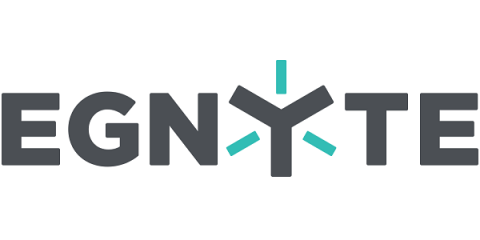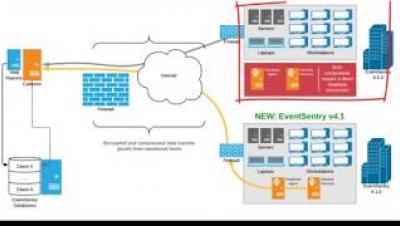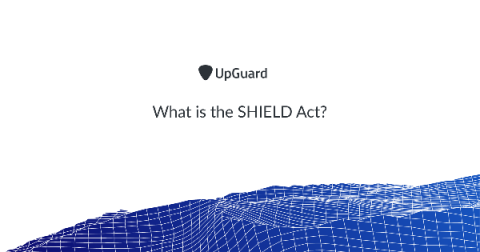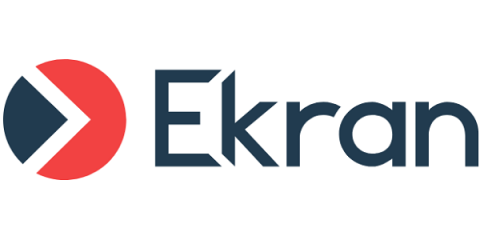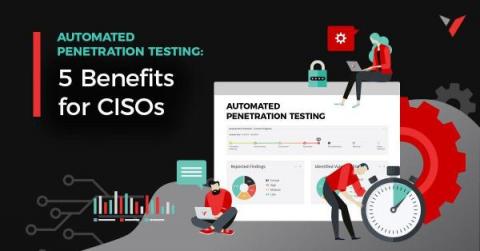How Egnyte Uses AWS to Create An Innovative Approach to Storage, Collaboration, Security and Compliance
The life sciences industry is undergoing major transitions. Pharma, biotech, and medical device companies generate more data than ever and require higher processing power for clinical trials, gene sequencing and more. Many life sciences organizations are transitioning legacy technology stacks to the cloud, which promises the ability to accelerate processes, mobile collaboration, and strong security. To further complicate matters, there is increasing pressure to maintain regulatory compliance.


